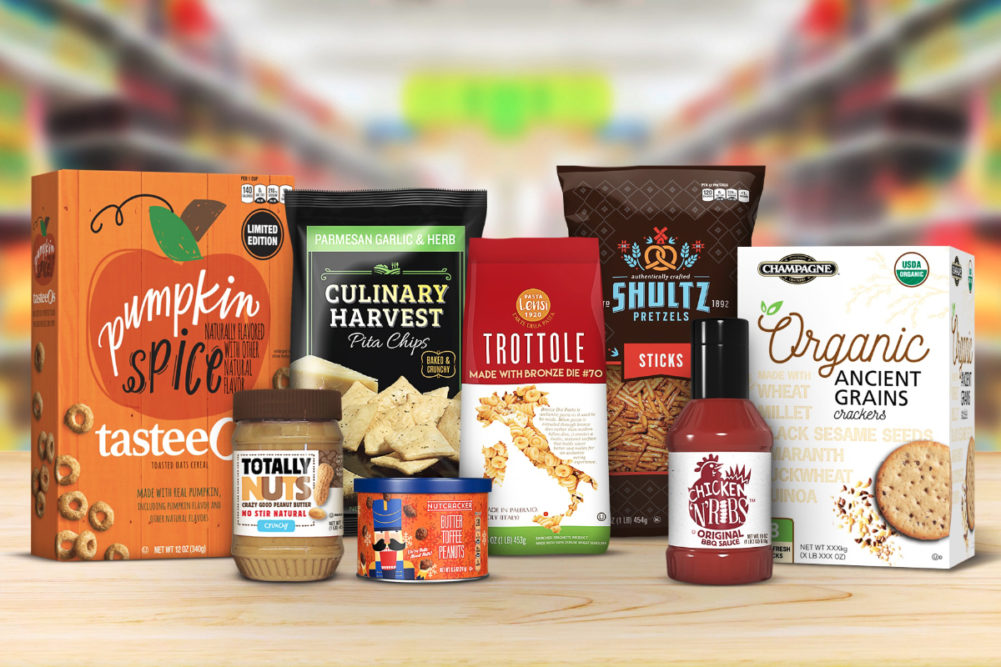OAK BROOK, ILL. – TreeHouse Foods, Inc. continues to bleed red ink. The private label manufacturer recorded a loss of $31.2 million during the first quarter of fiscal 2020 ended March 31, greater than the $26.9 million loss the company experienced during the first quarter of fiscal 2019.
The loss was attributable to an unfavorable mix of lower margin business, mark-to-market losses on investments, and unfavorable pricing primarily related to the carryover impact of prior-year pricing adjustments, according to the company. During fiscal 2019, the company recorded a loss of $361 million, significantly higher than the loss of $64 million the company experienced in fiscal 2018.
Sales for the most recent quarter of $1.1 billion were basically flat when compared with the year prior. Management had projected first-quarter sales to be down approximately 6%, but then the impact of the coronavirus (COVID-19) hit and pushed organic net sales up 2.6%.
“Our January sales and February sales were tracking on our original plan,” said Steven T. Oakland, president and chief executive officer, during a May 7 conference call with financial analysts. “But then we were outpaced by the pandemic-related surge in March, which gets us to the 2.6% organic growth for the quarter.”
At the beginning of the year TreeHouse Foods restructured its reporting segments into two — Meal Preparation and Snacking & Beverages. Both generated increased sales during the quarter, with Meal Preparation sales ticking up $2.9 million, to $671 million, when compared to the previous year, and Snacking & Beverage sales rising to $411 million from $396 million. The increase in sales for both reporting segments was due to increased demand from consumers stocking-up, according to the company.
Unlike many other food and beverage companies, TreeHouse Foods reaffirmed its full-year guidance of adjusted earnings of $2.40 to $2.65 per share and sales of $4.1 billion to $4.4 billion.
"While we are very encouraged by the performance of our operations during this unprecedented period, we believe it is too early to fully appreciate how the balance of the year may unfold, given the uncertainty around the duration and potentially longer-lasting impact of the nation’s stay-at-home practices in response to COVID-19,” Mr. Oakland said. “We have taken into account a number of factors and contemplated a wide range of potential outcomes — including, but not limited to, varying levels of demand in retail grocery, increased expenses to meet that demand, and declines in the food-away-from-home market. As such, we believe it is prudent to maintain our original guidance for 2020.”
Mr. Oakland said TreeHouse Foods’ structure is advantaged to capitalize on the changes in consumer purchasing patterns caused by COVID-19. Only 10% of sales are in foodservice, and two-thirds of revenues come from the center of retail stores.
“It's important to recognize that our cost to serve this demand is slightly higher than if we had been able to methodically plan for the increase in production, and there’ll be a number of ongoing expenses to support our safety efforts,” he said. “Clearly, the shape and cadence of the year has changed.
“There’s a great deal of uncertainty in the market with various scenarios and a wide range of potential outcomes. All of these considerations were considered, when we reaffirmed our original guidance for 2020.”





